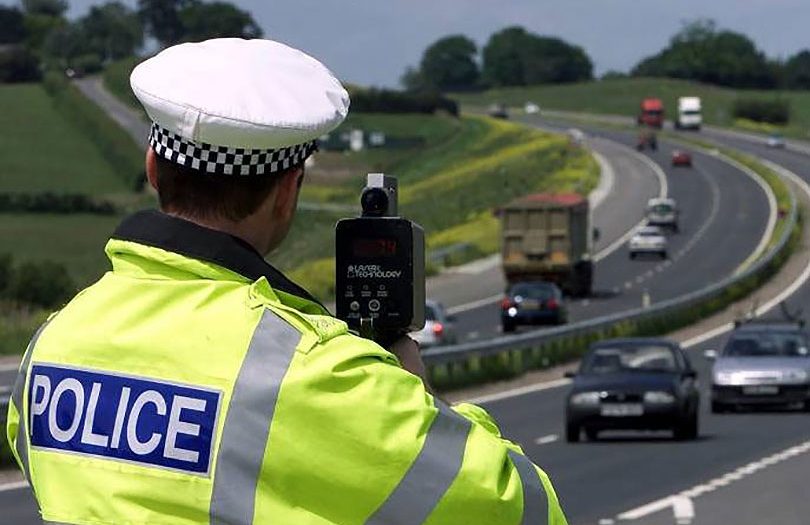And the number of unpaid fines just keeps mounting up, while more and more unlicensed, unregistered, uninsured drivers laugh at the law.
PLACE A POLICE OFFICER (or an unmarked grey Camry) beside a busy road with a radar gun and a camera and hundreds of motorists will soon be receiving an expiation notice in the mail.
But it does little to change driver behaviour and nor does it have any worthwhile effect on the carnage on our roads.
People’s attitudes and behaviours are well established by the time they reach adulthood. An accident or near-accident may well change a driver’s behaviour but rarely permanently. For the average driver, the loss of a licence may be a sufficient wake-up call or enough of an inconvenience to modify their behaviour. And finally, the fear of getting caught breaking the rules and being penalised may bring about a change in behaviour.
However, not all people respond the same way. Many people in an accident will be in denial that it was in any way their fault (how many times have you been abused by a driver who has just done something stupid or illegal and put you at risk?) Loss of licence may be sufficient to deter the average driver, but for too many, it is no deterrent whatsoever. They fail to see the connection between cause and effect, so the threat of punishment is irrelevant. Even after repeated fines and loss of licence, they continue to re-offend.
Visible police presence on the roads is an effective modifier of driver behaviour. When there’s a highway patrol car ahead, nobody speeds by even a few km/h, nobody does stupid things, everybody indicates when they should and keeps left. The police don’t have to enforce the rules because our fear of being penalised and the high likelihood of it happening when a police car is around makes us ultra-cautious. But because the risk of being caught and fined in normal everyday driving is relatively low, despite multi-million dollar advertising campaigns telling us otherwise, most drivers stretch the rules, driving just a little over the limit, running an amber light they could have stopped for, creeping through a stop sign.
It’s a reasonable assumption that nobody makes a conscious decision to do something in a car and end up dead as a result. Most road safety campaigns are simplistic in the extreme: wear a seat belt, don’t drink and drive and observe the speed limit.
There is no question that fines are a very ineffective deterrent to irresponsible road behaviour. For the well-off, a fine is a minor inconvenience, but most will pay up. For an increasing number of other offenders, the solution is simply not to pay at all. Authorities are notoriously tight-lipped about the number of unpaid and outstanding infringement notices across Australia, but it is certainly in the billions. In WA alone, thousands of people owe more than $259 million, with the worst offender owing more than $250,000. In South Australia, one woman owes more than $75,000 and the total for South Australia is $215 million (most recently available figures). Meanwhile, in Queensland, outstanding fines total $774 million and $100 million were deemed “unrecoverable” in the last financial year. Victoria’s fine dodgers have clocked up $850 million in unpaid fines.
Demerit points were introduced to further deter people from breaking road rules, even if they could afford the fine. Now we have tens of thousands of motorists holding onto their licences by just one or two points. But most people facing loss of licence through an accumulation of demerit points have been penalised for relatively minor offences. And of course, demerit points ignore the differences between people who travel only rarely and those who, for whatever reason, need to travel hundreds or even thousands of kilometres a week.
It is a sad but true fact of life that everybody thinks he or she is an above-average driver. Therefore, most people believe the police should leave them alone and concentrate on bad drivers, and that advertising campaigns targeting bad drivers are aimed at other people, not them. Of course, while speeding and other fines constitute such a huge revenue stream for governments, there is no incentive for them to investigate more efficient solutions.
